“Is adding the right keywords enough to improve my Google ranking?”
“Do I just need to write better content, or is there more behind SEO?”
“What’s the difference between on-page SEO and technical SEO — and which one should I start with?”
If you’ve been asking these questions, you’re not alone. Whether you’re a business owner, content marketer, or website manager, understanding the difference between on-page SEO and technical SEO is key to improving your rankings and driving qualified traffic to your site.
Both are essential, but they serve different purposes. This guide will break them down clearly, so you can focus your SEO efforts where it matters most — starting with your content.
What is On-Page SEO?
On-page SEO refers to the optimisation of individual web pages so that search engines and users can better understand the content. It’s about making sure your content is relevant, targeted, and structured in a way that clearly answers what your audience is looking for.
It’s the part of SEO you have the most control over — what you write, how you structure it, and how users experience it.
For example, a landing page targeting “women’s health screening packages” shouldn’t just say: “We offer comprehensive screening packages for women.”
Key Elements of On-Page SEO:
When done well, on-page SEO ensures your content ranks not only for the right keywords but also keeps users engaged once they land on your page.
What is Technical SEO?
While on-page SEO focuses on what users see, technical SEO handles how search engines interact with your website. It deals with the backend infrastructure to ensure your content can be crawled, indexed, and loaded efficiently.
Without a technically sound website, even your best on-page SEO efforts may never reach their full potential.
Key Elements of Technical SEO:
Technical SEO is often handled by developers or specialists using tools like Google Search Console, Screaming Frog, or GTmetrix — but understanding the basics helps content teams collaborate more effectively.
How Do They Work Together?
Think of on-page SEO and technical SEO as partners in your site’s success. One creates value; the other enables it to be seen.
Imagine writing an excellent blog post that perfectly answers a trending question — but your site is slow, mobile-unfriendly, or blocked from indexing. That content may never be discovered. Likewise, a lightning-fast site with no relevant content won’t hold users or meet their needs.
The best results come from a balanced approach — where technical SEO ensures visibility, and on-page SEO delivers value.
Which One Should You Focus on First?
For most websites, start with on-page SEO — especially if your content hasn’t been reviewed or optimised in a while. Identify the pages that matter most, and check if they match user intent, include the right keywords, and are well-structured for reading.
If you’re launching a new website or noticing technical issues (like pages not being indexed or long load times), then it’s wise to prioritise technical SEO first. A strong foundation will support your future content strategy.
Ideally, both should be reviewed regularly as part of your long-term SEO planning.
Quick Comparison: On-Page SEO vs Technical SEO
| Aspect | On-Page SEO | Technical SEO |
|---|---|---|
| Focus Area | Content and page-level optimisation | Backend structure, crawlability, and performance |
| Goal | Help search engines and users understand your content | Help search engines access and index your website |
| Who Handles It | Marketers, content teams | Developers, SEO specialists |
| Tools | Yoast, Surfer SEO, Google NLP | Search Console, Screaming Frog, GTmetrix |
Getting SEO right isn’t about choosing between technical and on-page SEO — it’s about understanding how they work together. On-page SEO gives your content meaning and value; technical SEO ensures it gets found and performs smoothly.
Prioritise content that speaks to your audience, backed by a site that’s easy to access and fast to load. Whether you’re writing your next article or reviewing your site’s backend, combining both will give you a stronger edge in today’s competitive search landscape.
Need support optimising your site SEO?
At Digital 38, we offer tailored SEO strategies that support your business goals. Get in touch today.




